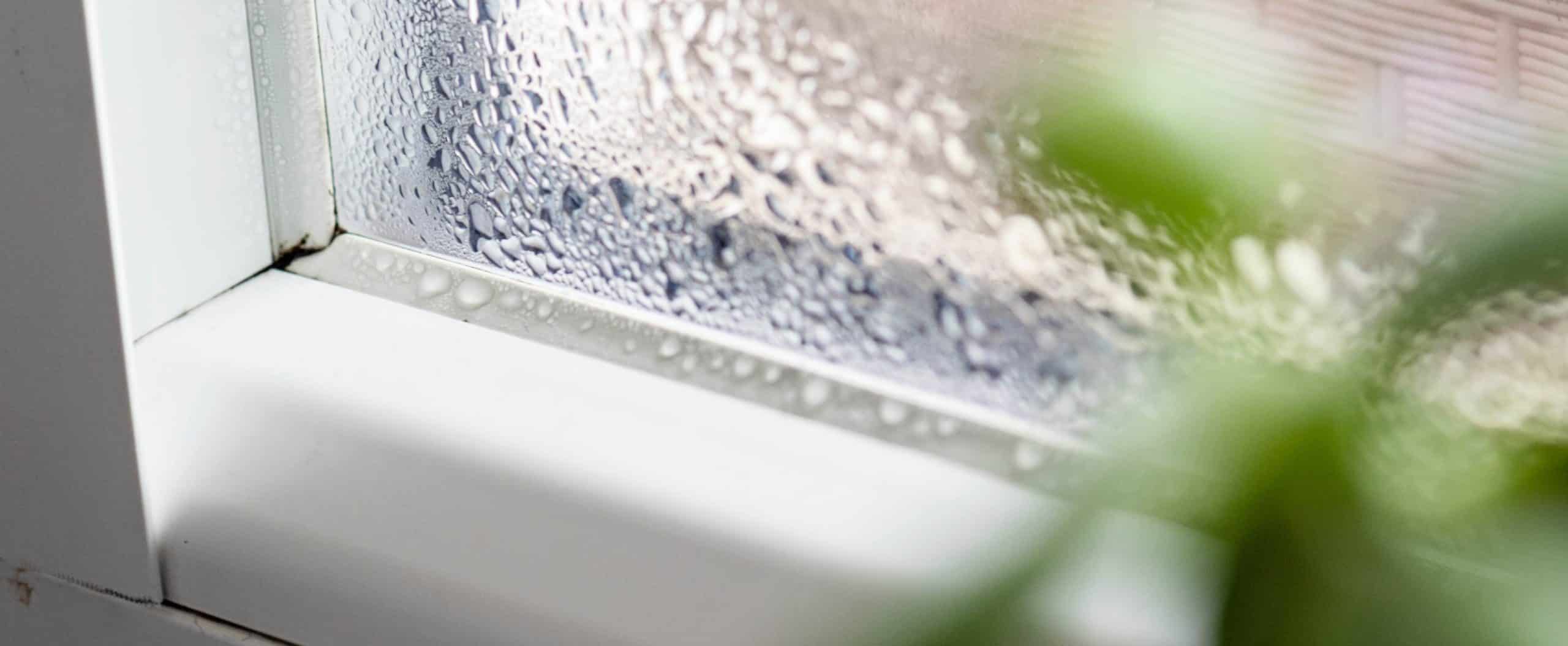Temperature isn’t just about how hot or cold it is; humidity plays a role, too. That means that adjusting your home’s thermostat to the perfect temperature also includes considering and adjusting the humidity levels. The humidity level greatly affects your comfort and the overall “real feel” of your home. Understanding how humidity works and the role it plays in your home comfort will help you manage the ideal temperature for your home.
The Connection Between Temperature & Humidity
One tells us the warmness or coldness of the air, an object or a particular space. The other refers to the water content or level of moisture present in the air. The two are intrinsically related to one another. Humidity and temperature are inversely proportional. This means that the warmer the air, the higher the humidity, and the lower the temperature of the air, the lower the humidity.
We see this through the seasons – winter air is dry and summer air is humid. This is because warmer air is capable of holding more moisture while cooler air has less of a capacity to hold moisture. The same goes for the air inside your house. In the winter, you’re more likely to use a humidifier to combat the excessively dry air, while in the summer, you probably use a dehumidifier to lower humidity levels.
Humidity Levels in Your Home
You might not know that there are optimal home humidity levels. You can notice the effects of both excessive humidity and low humidity in your home. When you set your thermostat, you want to consider the humidity, not just the temperature.
High Humidity
As we mentioned, you likely want to add humidity using a humidifier or whole-home humidifier if your home is excessively dry. This often happens in the winter when it’s cold. However, you don’t want to have excessive humidity because that can make you feel colder. Conversely, high levels of humidity in the summer can make you feel hot and sticky and uncomfortable.
Excessively high humidity levels cause other issues, too. These include:
- Damage to wood furniture
- Growth of mould and mildew
- Overheating and heat exhaustion
Low Humidity
On the other hand, a home with extremely low humidity levels can also be problematic. Dry air can worsen allergies, asthma and other conditions. Plus, excessively dry air allows infectious particles to remain airborne longer, therefore increasing the chances of viral infections. Winter typically causes homes to become too dry. If your home is too dry at any time, buy a portable humidifier or install a whole-home humidifier.
Other problems caused by excessively dry air and low humidity levels include:
- Dry and cracked skin and lips
- Itchy and irritated eyes
- Damage to floors and furniture
Optimal Home Humidity Levels
There are optimal home humidity levels for every season. During the winter, aim for humidity levels between 30-50%. In the spring and summer, keep your home’s humidity levels around 40-55%. Maintaining these levels is important to the comfort and health of your family. When you keep your house at the right humidity level, you’re less likely to experience viral infections and other health issues. Plus, your house won’t suffer, either.
There are all kinds of products that can help you maintain the optimal humidity levels for your home, from portable and whole-home humidifiers to smart thermostats and more. You should also stay on top of routine maintenance of your HVAC systems so your indoor air quality remains high.
Improve your home’s humidity and your family’s health.
Delta Air Systems is an established heating company in the Kitchener-Waterloo region. And we’ve been installing, servicing and repairing furnaces since the 1950s and work hard to ensure complete customer satisfaction.
Follow us on Facebook and Instagram for more tips and to see our current promotions.





